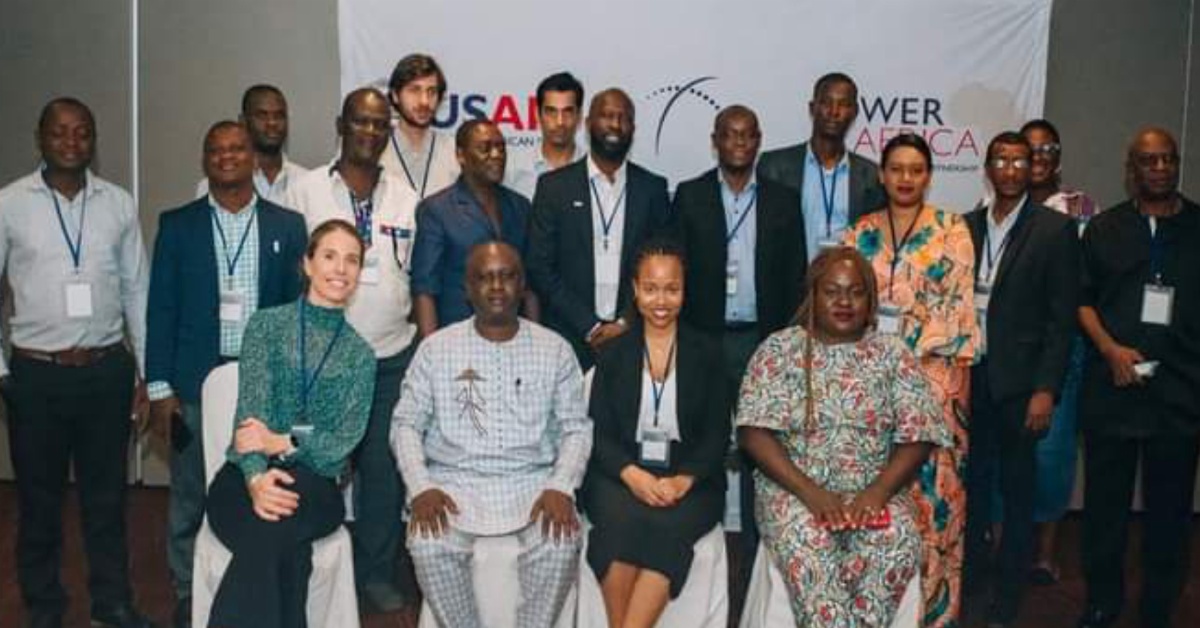Deputy Minister of Energy, Dr. Eldred Taylor, together with the Chief Director of Energy and officials from the Sierra Leone Electricity and Water Regulatory Commission, SLEWRC, has graced a workshop on Captive Power Energy Regulation jointly organized by CrossBoundary Energy and USAID at Radisson Blu, Freetown.
Giving an overview of the workshop, the head of Energy Policy and Regulatory Affairs at CrossBoundary Energy, Tessa Lee said captive power had always been a cornerstone of African business growth, noting that supportive regulatory frameworks were needed as a mark of the government’s commitment to enhancing the growth of businesses.
“When regulators license relatively simple captive power projects, they can get experience in handling more complex distribution projects”, Miss Lee said, adding that Sierra Leone had one of the most supportive frameworks for captive power development.
She said CrossBoundary Energy had developed two renewable energy projects at Miro Forestry and Zoodlabs through a $1 million USAID grant, noting that the two projects had just been commissioned by the Minister of Energy.
Miss Lee spoke about her company’s experience in captive power regulation, which according to her, comes from effectively licensing a portfolio of over 60MW of projects across Africa and an additional pipeline of $210 million in awarded contracts with big industrial partners.
Speaking at the workshop, Deputy Minister of Energy, Dr. Eldred Taylor, said some 68MW or 43 Captive Generation Permits, CPGs, had been issued by the Electricity and Water Regulatory Commission since 2021.

“Captive power regulation and policy must be grounded in broader regulatory frameworks which clear investment hurdles and crowd in the private sector”, Dr. Taylor maintained, adding that under the leadership of Alhaji Kanja Sesay this constitutes a priority for the New Direction administration.
He spoke about licensing captive power as a critical driver of economic growth through manufacturing output, tourism, and commerce. He thanked USAID for the support to the sector, while also imploring them to continue to support the sector in developing regulations and on the issue of metering.
Director of Electricity at Sierra Leone’s Electricity and Water Regulatory Commission, Kelcise Sesay said the Captive Generation Permit Rules in 2019 came about after a long data-driven process which was in recognition of the need to do more to close the demand and supply gap for electricity in Sierra Leone.
“The regulatory commission believes that regulation should not be a cumbersome process. So far, we have licensed 43 projects, equaling around 68MW in just two years. In line with Government’s commitment to going green, ten of these projects are for renewable captive generators”, he concluded.



 Post a comment
Post a comment









